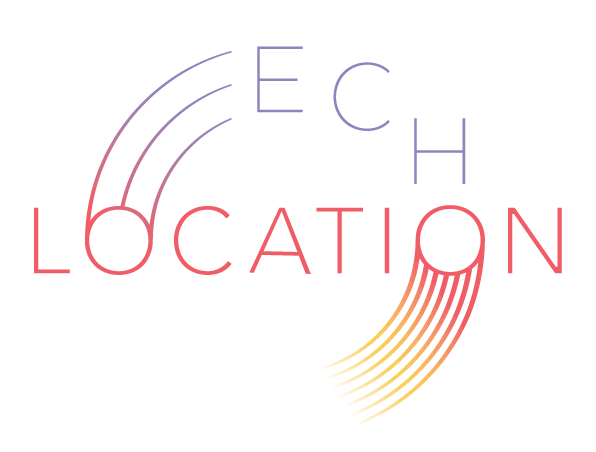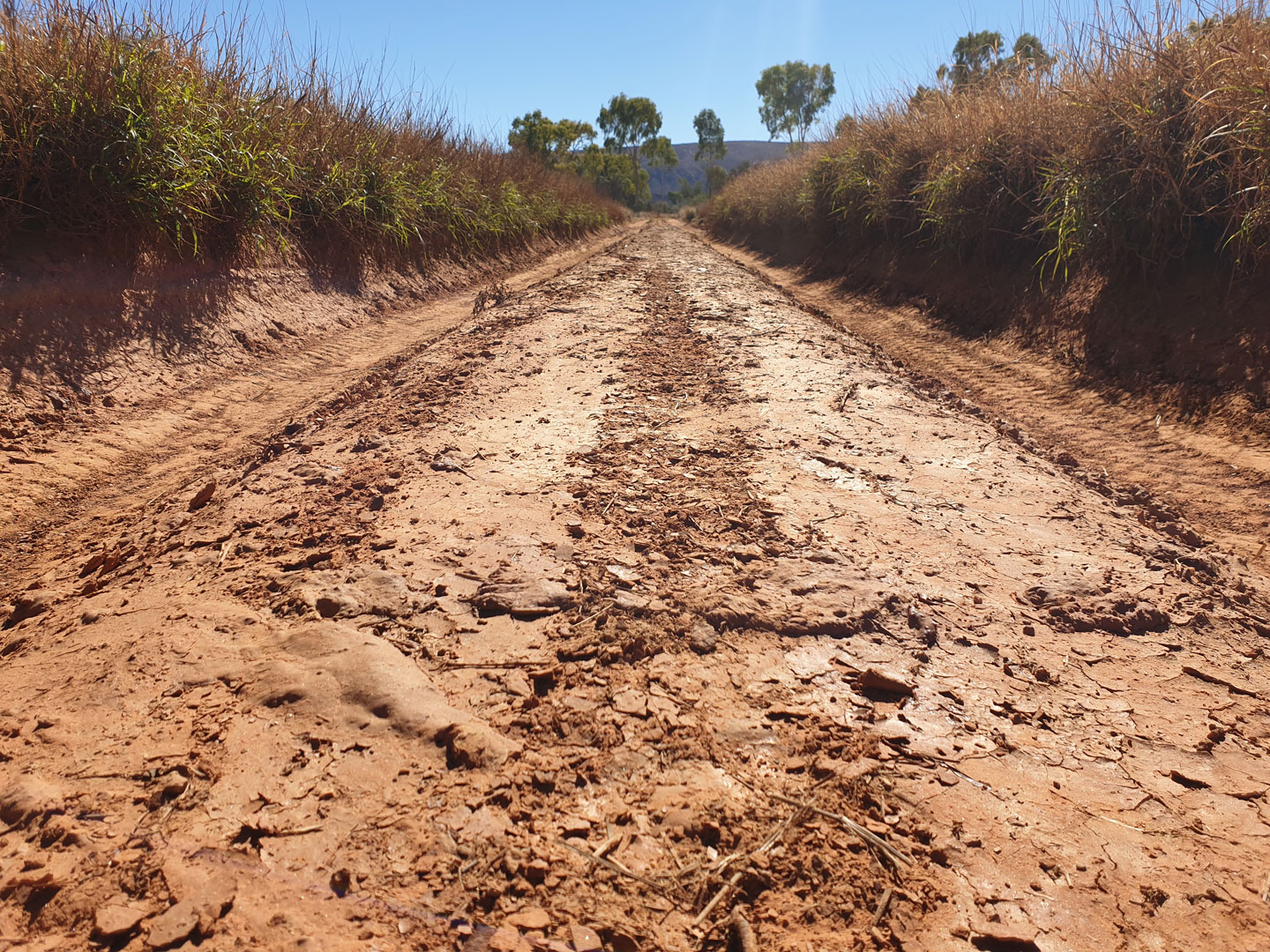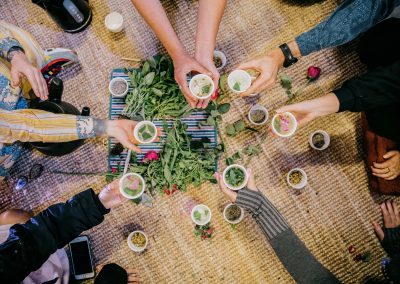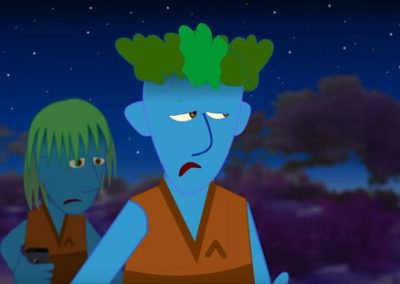It’s getting hotter and harder. Last Summer felt like fire and death.
Some talking about leaving. Some can’t imagine ever going away.
How do we stay with country as it changes? How do we care for each other when times get tough?What do we do when (as Deborah Bird Rose put it) ‘everything you love is being trashed’?
Summer 2020 is a reading group for the time of climate change. During one of the hottest months of the year we’ll reflect on love, resistance and other survival strategies from around the world.
With a focus on First Nation’s and front line writers, thinkers, and artists, we’ll learn about the ways of being, doing and knowing that can help us understand the mess we’re in, and how we might turn towards justice, love and connection as a way of finding our way out.
Materials will include essays, poetry, podcasts and film. There will be a mix of academic and non academic articles each week.
WHERE AND WHEN:
We’ll meet every Saturday Morning 10am-12pm at Watch This Space 8 Gap Road.
The group will start on the 11th of January 2020, and run for four weeks until the 1st of February. You can come to one, some or all.
Please bring a plate, your thoughts and your ears.
Email kellyleehickey(at)protonmail.com to sign up.
With thanks to Watch This Space for programming us, marketing support and free venue and DuYu Coffee for supplying us with coffee.
TIPS FOR READING:
Please read before coming. If you are stuck for time, read the weekly poem and one other piece.
Alot of the texts have big ideas. Give yourself space between readings. I like to go for a walk after reading to let things move around and soak in.
Highlighting, journalling and copying out quotes are all great ways to gather your thoughts and these reflections are welcome in the group.
Week 4: Still Possible Worlds
In our final week we locate our present moment within the future and the past, and ask what do we carry forward and what kinds of worlds can we still create?
In a short film, Veronica Perurrle Dobson speaks of the depth of Arrente knowledge, and the responsibility we all have to care for this place for future generations. In the poem ‘Dear Ancestors’ Gunai poet Kirli Saunders, speaks too of these responsibilities for future generations. We hear about Indigneous Speculative Futures and learning from people who have already survived the apocalypse in a podcast from the Digital Writers Festival, and reflect on still possible worlds, making kin and staying with the trouble from Donna Haraway one of the most provocative and interesting thinkers on the Anthropocene.
Walsh, F. & Dobson, V. 2018. Dark Science – A Life Of Learning. CAAMA
Young, A. 2019,. DONNA HARAWAY on Staying with the Trouble. For the Wild.
Week 3: Tender Hope
This week we explore some of the philosophical and cultural ideas and strategies that can help us make sense of breakdown and crisis. There were so many things I wanted to share here, but I’ve kept it to just three to give space for digestion and reflection.
We start with a short, deep passage from MK Turner’s Iwenhe Tyerretye, explore hope and resistance with Victoria Stafford and finish with Dani D’Emilia’s work on radical tenderness.
Turner, Margaret Kemarre, 2010. Iwenhe Tyerrtye: What It Means To Be An Aboriginal Person. IAD Press, Alice Springs, Australia. p46
Download
D’Emilia, D. & Chavez, D.B. 2017. Radical Tenderness Manifesto
Week 2: Remember, Country Holds Everything
This week we will explore how turning towards place can help us orientate to a different way of being with the world.
We begin where we are, with Doris Stuart Kngwarreye sharing stories about some of the important Arrente sites and protocols around Mparntwe, and the impact of settler culture on these. Ali Cobby Eckermann’s ‘Message’ gives us poetic insight into place from Yankunytjatjara/Kokatha perspective. There’s two essays; lessons on love for land and cultural resistance to mountain top removal in the Appalachia from bell hooks, and the seminal essay ‘Some thoughts on the philosophical underpinnings of Aboriginal worldviews’, from the Kombumerri/Wakka Wakka philosopher, Dr Mary Graham.
Week 1: First Nations First.
We start our reading group by orientating ourselves to the issue of climate justice with Aboriginal thought on Aboriginal land.
We begin with a poem by Eastern Arrernte woman, Sylvia Purrurle Neale to orientate on/to Arrernte land, hear about Indigenous Knowledge and the Blak New Deal from Teila Watson and Phillip Winzer, and take a deep dive into climate change, reconciliation and caring for country with Tony Birch. Click on listing for the link.
Birch, Anthony 2017. Climate Change, Recognition and Caring for Country Sydney Review of Books.




